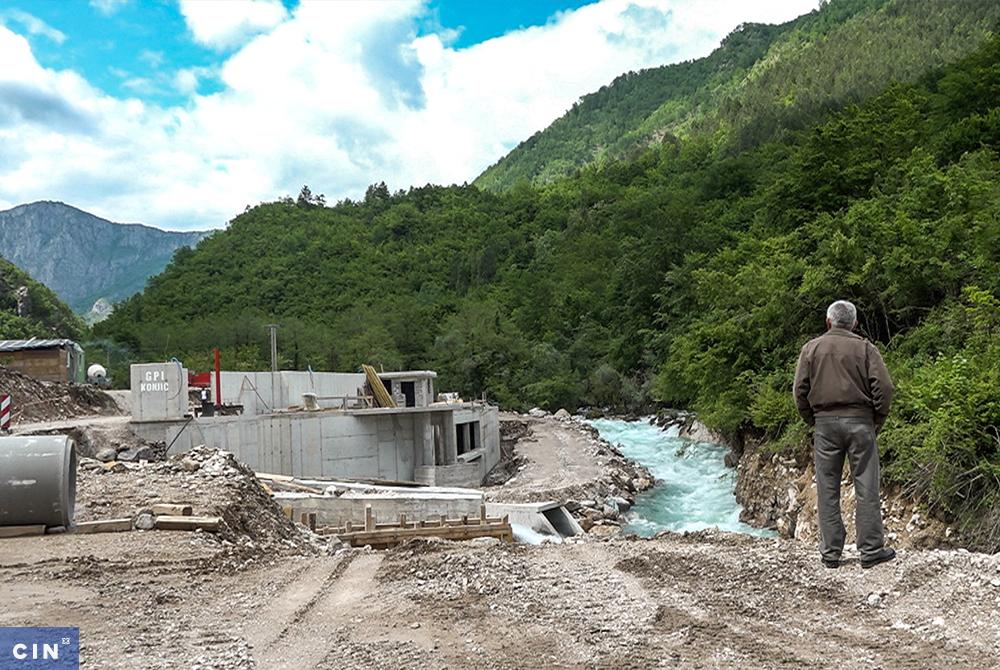
Government institutions issued permits for the construction of a small hydro plant Zlate. Local residents say that they had no say, even though regulations and conventions guarantee their rights in the matter.
Đemal Memagić, the long-serving mayor of Olovo and a businessman, purchased an apartment in Poreč, Croatia, in 2021 for half a million BAM. He also included a car valued at BAM 412,000 in his asset declaration.
Đemal Memagić, a member of the Party of Democratic Action (SDA), has been the mayor of Olovo since 2012. It was already clear before the 2024 local elections that he would secure a fourth term, as he was the only candidate for the position.
In 2021, Memagić purchased an apartment in Poreč for just over half a million BAM. Along with his new property, in the asset declaration he submitted to the Central Election Commission of Bosnia and Herzegovina (CIKBiH) in 2024, he reported owning…

Government institutions issued permits for the construction of a small hydro plant Zlate. Local residents say that they had no say, even though regulations and conventions guarantee their rights in the matter.

Ilidža councilor Kemal Habibija took advantage of another person’s property to collect 50,000 KM from government coffers for a co-op he established with his family members. The property’s owner says he knew nothing about it.
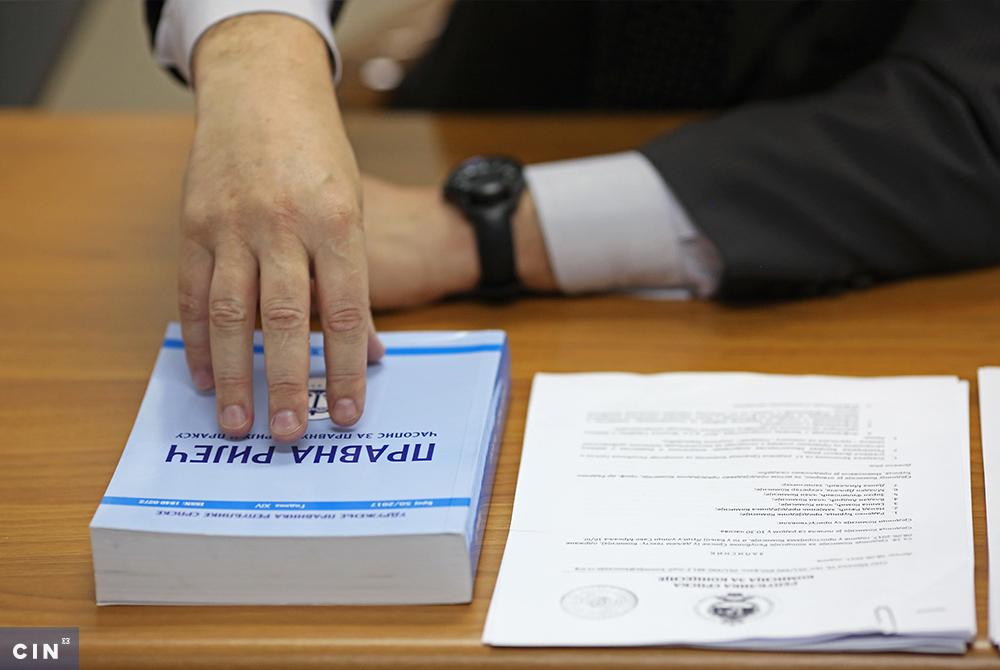
Mladen Drljača has been the secretary of the Republika Srpska Commission for Concessions for 15 years, even though legislation set a term at just five years.
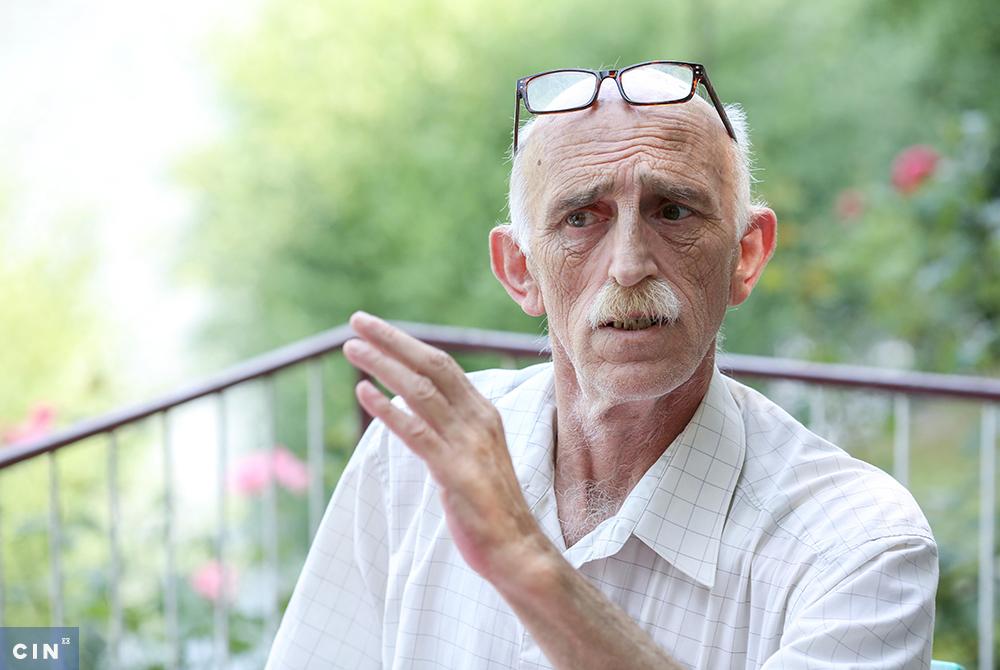
During his 15-year career Banjaluka judge Atko Huseinbašić committed 56 infractions in two courts. It took eight years for HJPC members to finally remove him from office.
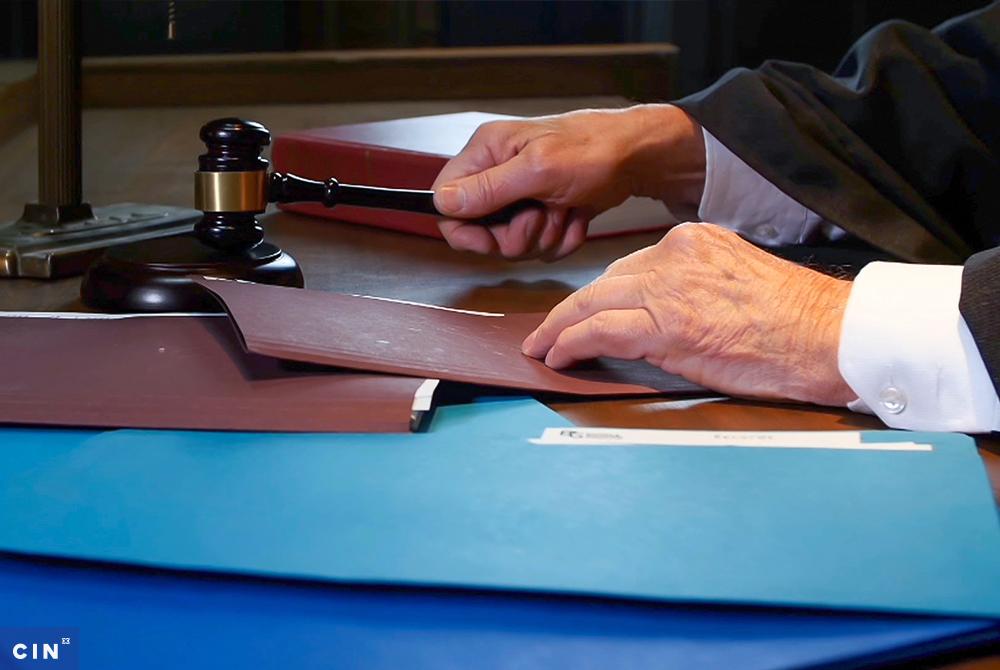
They kept evidence in their offices or failed to write verdicts and send convicts to prison, but judges and prosecutors guilty of such mistakes received lenient punishment that didn’t affect their careers. Some of them even won promotions.
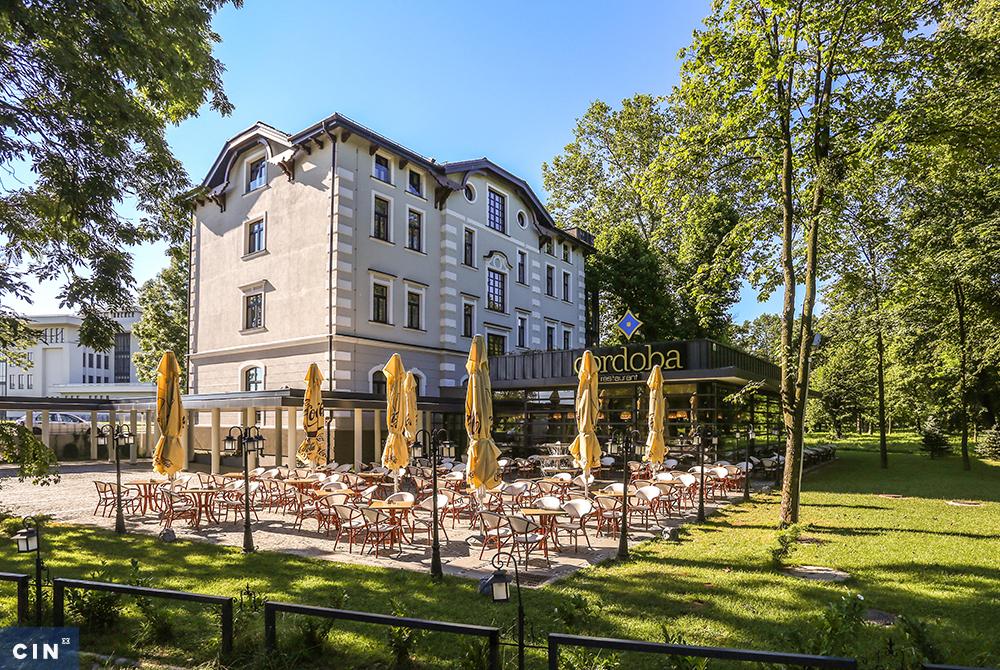
Mothers of the former director of the Sarajevo University Clinical Center, Faris Gavrankapetanović, and the CEO of BBI bank Amer Bukvić invested millions of KM in real properties and family businesses which they later turned over to their sons.

For years, the RS Council of Peoples had violated the law and the Constitution by issuing a resolution that made certain officials eligible for a payout. After a CIN reporter exposed those illegalities, the RS Constitutional Court abolished the perk.
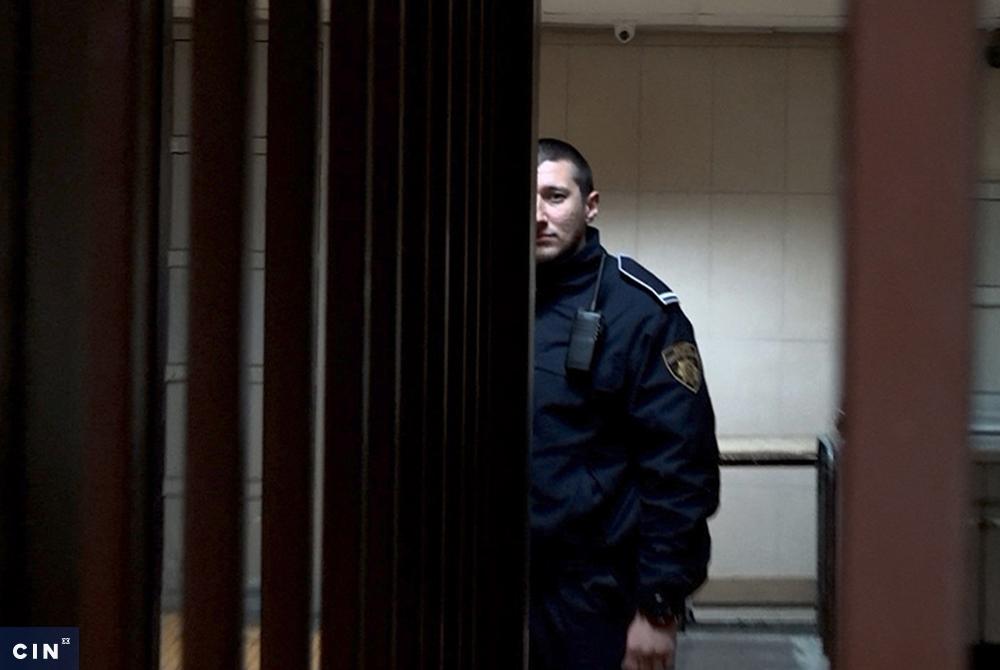
Those sentenced to short prison sentences in BiH can buy their way out. Corrupt officials and others have been quick to do this then return to jobs where they broke the law in the first place.
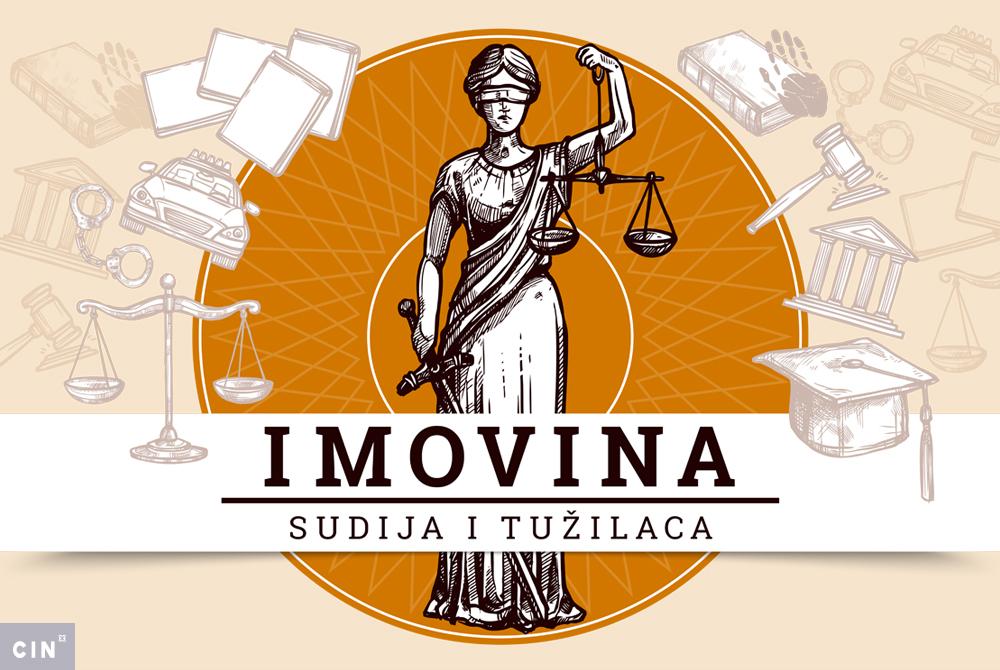
For years, judges and prosecutors have refused to make their asset declarations public. Despite numerous obstructions, resistance, and objections, the Center for Investigative Reporting in Sarajevo has collected some records and is publishing them.

Stjepan Dujo was appointed assistant to the director of BiH Legislative Office despite failing to meet the criteria about required years of experience. Lidija Bradara, former chairwoman of the House of Peoples in the Federation of BiH Parliament, previously illegally appointed Dujo as her aide. Both belong to Croatian Democratic Party.
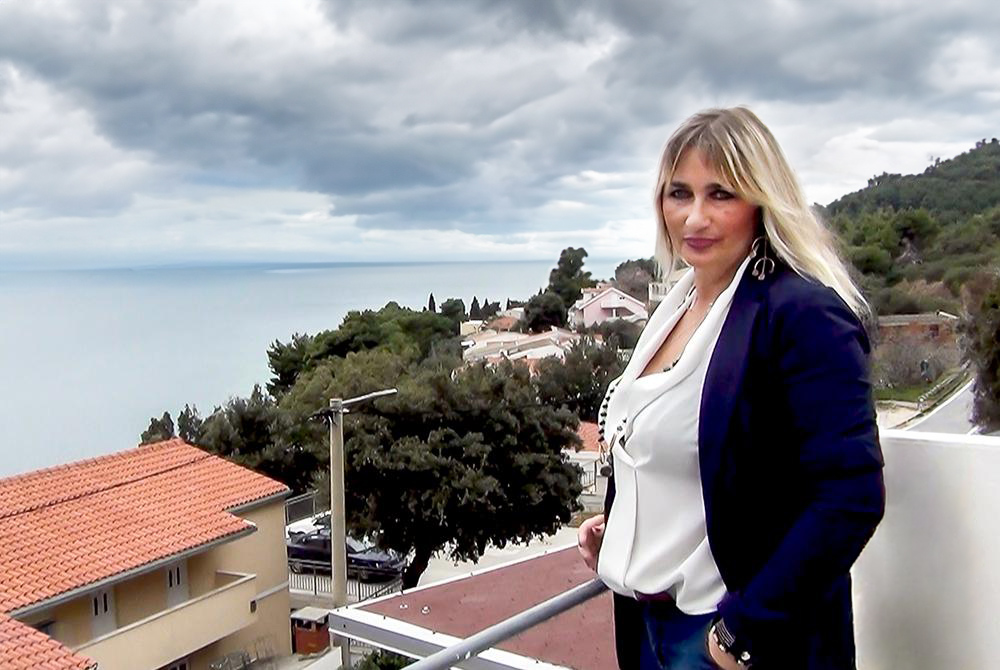
Houses, apartments and business premises of Sarajevo Jews who died in the Holocaust were transferred to new owners, thanks to the illegal rulings of a judge who, in the same way, appropriated two properties in the narrowest part of the city.

A job ad for an attorney general in Jablanica Municipality attracted seven candidates who all formally met the criteria. Yet, after commission members rated each candidate’s abilities and knowledge in an obscure manner, they chose their colleague’s daughter.

Government institutions issued permits for the construction of a small hydro plant Zlate. Local residents say that they had no say, even though regulations and conventions guarantee their rights in the matter.

Ilidža councilor Kemal Habibija took advantage of another person’s property to collect 50,000 KM from government coffers for a co-op he established with his family members. The property’s owner says he knew nothing about it.

Mladen Drljača has been the secretary of the Republika Srpska Commission for Concessions for 15 years, even though legislation set a term at just five years.

During his 15-year career Banjaluka judge Atko Huseinbašić committed 56 infractions in two courts. It took eight years for HJPC members to finally remove him from office.

They kept evidence in their offices or failed to write verdicts and send convicts to prison, but judges and prosecutors guilty of such mistakes received lenient punishment that didn’t affect their careers. Some of them even won promotions.

Mothers of the former director of the Sarajevo University Clinical Center, Faris Gavrankapetanović, and the CEO of BBI bank Amer Bukvić invested millions of KM in real properties and family businesses which they later turned over to their sons.

For years, the RS Council of Peoples had violated the law and the Constitution by issuing a resolution that made certain officials eligible for a payout. After a CIN reporter exposed those illegalities, the RS Constitutional Court abolished the perk.

Those sentenced to short prison sentences in BiH can buy their way out. Corrupt officials and others have been quick to do this then return to jobs where they broke the law in the first place.

For years, judges and prosecutors have refused to make their asset declarations public. Despite numerous obstructions, resistance, and objections, the Center for Investigative Reporting in Sarajevo has collected some records and is publishing them.

Stjepan Dujo was appointed assistant to the director of BiH Legislative Office despite failing to meet the criteria about required years of experience. Lidija Bradara, former chairwoman of the House of Peoples in the Federation of BiH Parliament, previously illegally appointed Dujo as her aide. Both belong to Croatian Democratic Party.

Houses, apartments and business premises of Sarajevo Jews who died in the Holocaust were transferred to new owners, thanks to the illegal rulings of a judge who, in the same way, appropriated two properties in the narrowest part of the city.

A job ad for an attorney general in Jablanica Municipality attracted seven candidates who all formally met the criteria. Yet, after commission members rated each candidate’s abilities and knowledge in an obscure manner, they chose their colleague’s daughter.
The Center for Investigative Reporting (CIN) in Sarajevo is unique in Bosnia and Herzegovina, the first organization of its kind to be established in Balkans. CIN is dedicated to investigative reporting, aimed toward providing fair and unbiased information, based on evidences and solid proof, to BiH citizens who need to make educated decisions.
Downloading of the content of the CIN is permitted with the mandatory reference to the source at www.cin.ba.
Svojim anonimnim prijavama doprinosite integritetu naše zajednice. Molimo vas da iskoristite ovu formu kako biste sigurno prijavili bilo kakvu sumnju u korupciju ili nezakonitu aktivnost koju primijetite. Vaša hrabrost ključna je za očuvanje naših vrijednosti i promicanje transparentnosti.